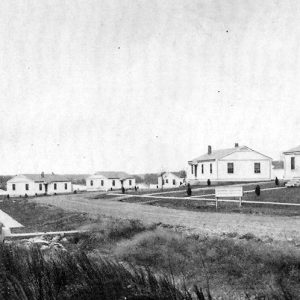 Worker Village
Worker Village
Entry Category: Cities and Towns
 Worker Village
Worker Village
Wrightsville (Pulaski County)
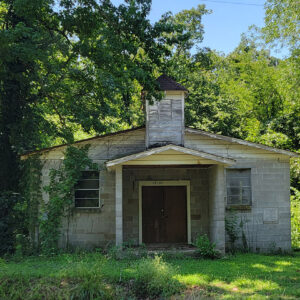 Wrightsville AME Church
Wrightsville AME Church
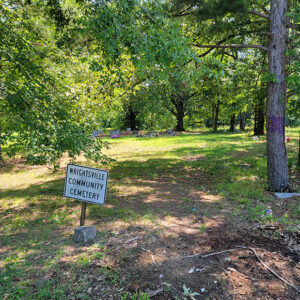 Wrightsville Cemetery
Wrightsville Cemetery
 Wrightsville Church
Wrightsville Church
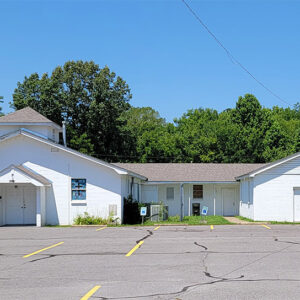 Wrightsville Church
Wrightsville Church
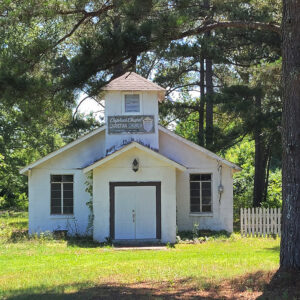 Wrightsville Church
Wrightsville Church
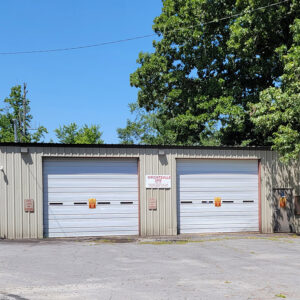 Wrightsville Fire Department
Wrightsville Fire Department
 Wrightsville Municipal Buildings
Wrightsville Municipal Buildings
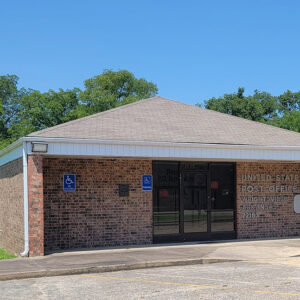 Wrightsville Post Office
Wrightsville Post Office
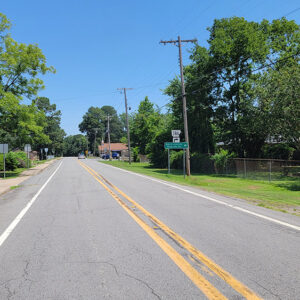 Wrightsville Street Scene
Wrightsville Street Scene
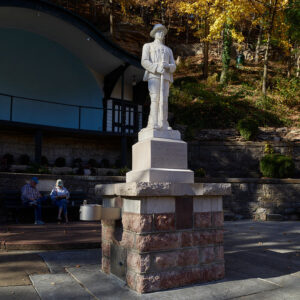 WWI Memorial
WWI Memorial
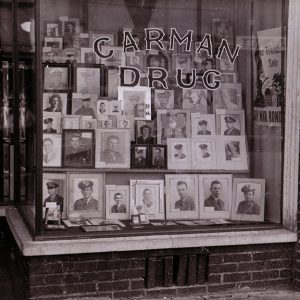 WWII Soldiers and Sailors
WWII Soldiers and Sailors
Wyandotte (Hot Spring County)
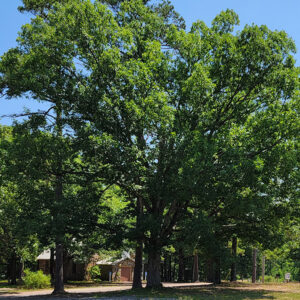 Wye United Methodist Church
Wye United Methodist Church
Wynne (Cross County)
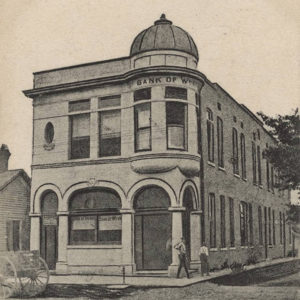 Wynne Bank
Wynne Bank
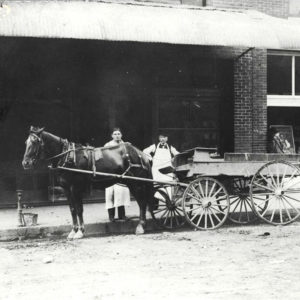 Wynne Butcher
Wynne Butcher
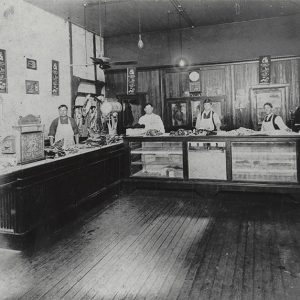 Wynne Butcher
Wynne Butcher
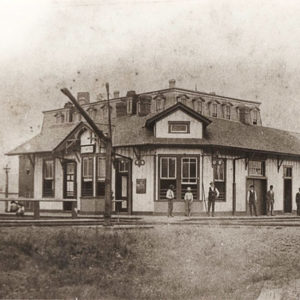 Wynne Depot
Wynne Depot
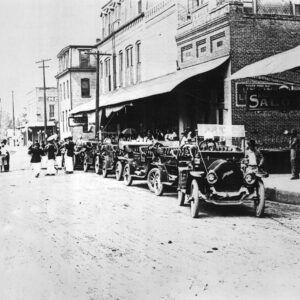 Wynne Parade
Wynne Parade
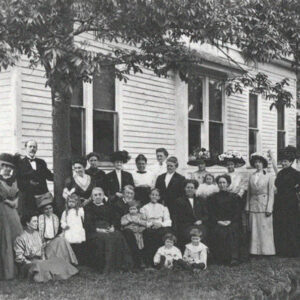 Wynne Society
Wynne Society
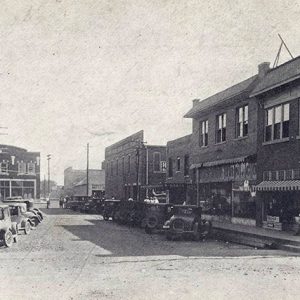 Wynne Street Scene
Wynne Street Scene
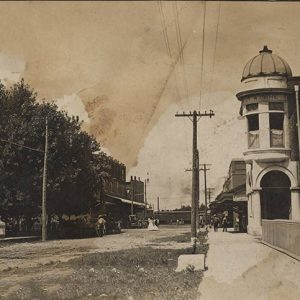 Wynne Street Scene
Wynne Street Scene
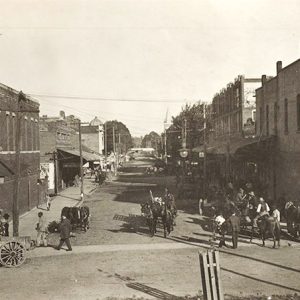 Wynne Street Scene
Wynne Street Scene
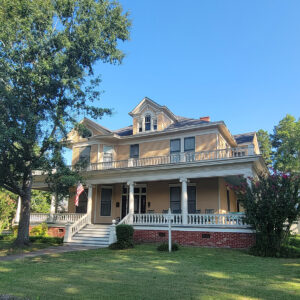 Wynne-Phillips House
Wynne-Phillips House
Y City (Scott County)
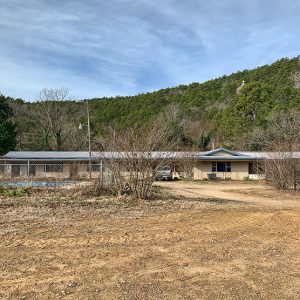 Y City Mountain Inn Motel
Y City Mountain Inn Motel
Yancopin (Desha County)
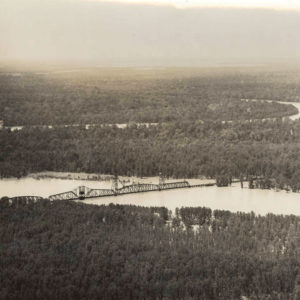 Yancopin Flood
Yancopin Flood
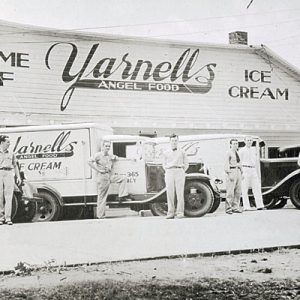 Yarnell Ice Cream Company
Yarnell Ice Cream Company
 Yarnell Ice Cream Company
Yarnell Ice Cream Company
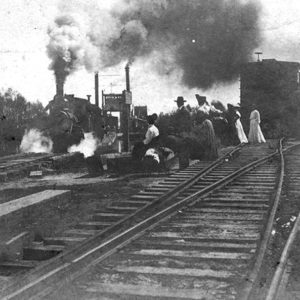 Yazoo and Mississippi Valley Railroad
Yazoo and Mississippi Valley Railroad
 Yell County Courthouse
Yell County Courthouse
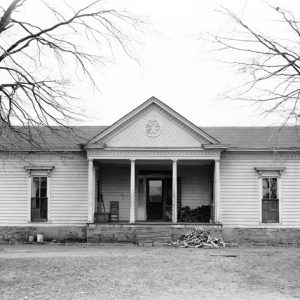 Archibald Yell's House
Archibald Yell's House
Yellville (Marion County)
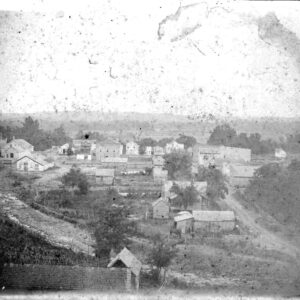 Yellville Overview
Yellville Overview
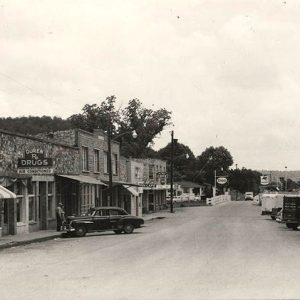 Yellville Street Scene
Yellville Street Scene
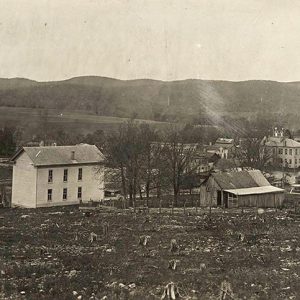 Yellville View
Yellville View
Yocum (Carroll County)
Yorktown (Lincoln County)
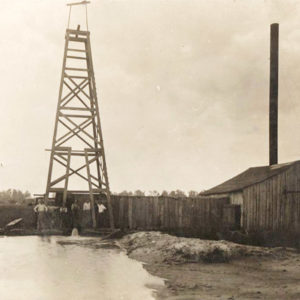 Youngblood's Rice Plant
Youngblood's Rice Plant
Zinc (Boone County)
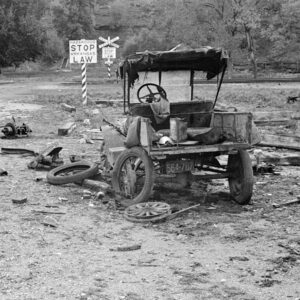 Zinc Scene
Zinc Scene
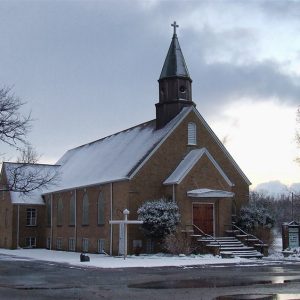 Zion Lutheran Church
Zion Lutheran Church
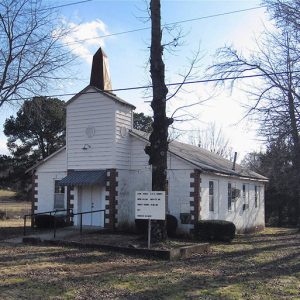 Zion Temple CME
Zion Temple CME




